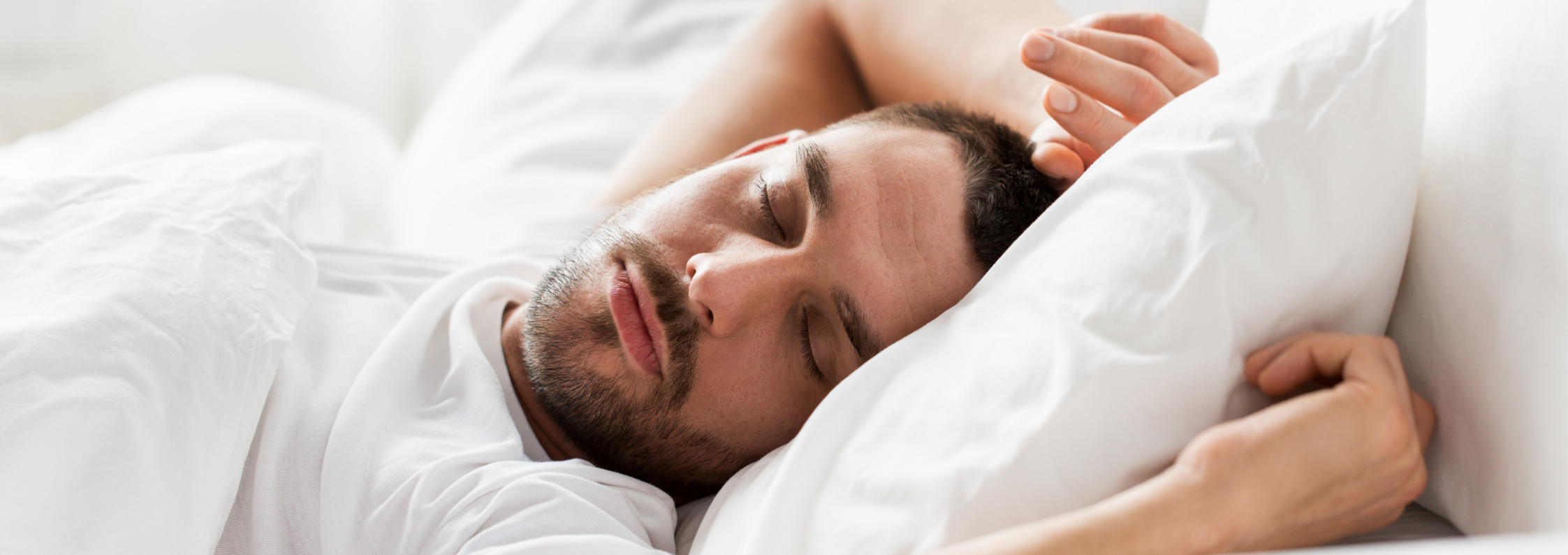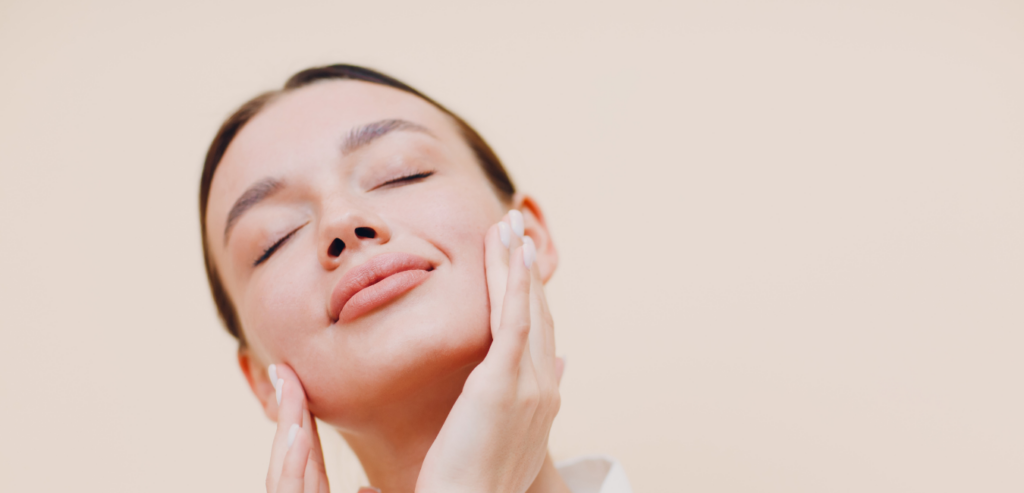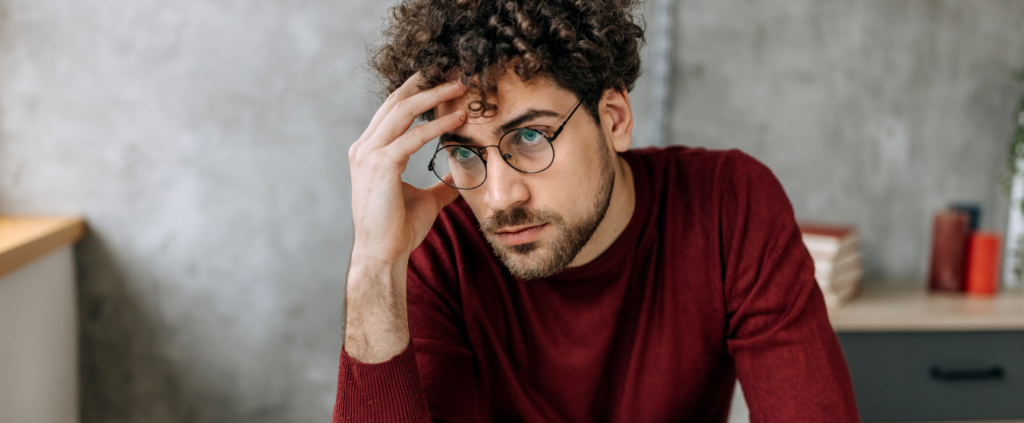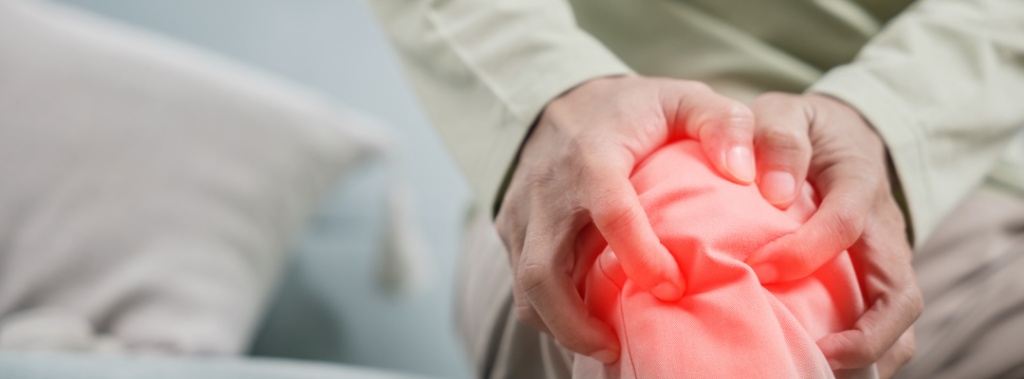Sleep Apnoea
What is sleep apnoea?
Sleep apnoea is a particular sleep disorder in which your breathing repeatedly stops and starts while you sleep. The most common form of is called obstructive sleep apnoea (OSA), and is caused by the throat muscles relaxing during the night, leading to blocked airways.
Other types include central sleep apnoea, in which your brain does not send correct signals to the muscles controlling your breathing, and complex sleep apnoea syndrome, which is when someone has both obstructive and central sleep apnoea.
It is important to talk to a doctor if you think you might have sleep apnoea, as it can cause a wide range of complications.
Sleep apnoea symptoms
It can be difficult to know if you have sleep apnoea, since most of the symptoms tend to occur while you are sleeping. It therefore might help to ask someone to stay with you to check for symptoms while you sleep.
Symptoms during sleep can include:
- Breathing stopping and starting
- Waking up frequently
- Loud snoring
- Gasping, choking or snorting noises
Symptoms during the day include:
- Feeling very tired
- Mood swings
- Difficulty concentrating
- Headache on waking up
Causes of sleep apnoea
Obstructive sleep apnoea is caused when the muscles in the back of your throat relax while you are sleeping. These muscles are responsible for controlling the tonsils, uvula, soft palate, tongue and the side walls of the throat. When these muscles relax, your airway closes up as you breathe in, which prevents you from receiving oxygen. Sensing this, your brain briefly wakes you up in order to open up the airway. This can occur between 5 and 30 times each hour, preventing you from a restful sleep.
Central sleep apnoea happens when your brain cannot transmit the right signals to your breathing muscles, meaning that for short periods of time, you make no effort to breathe.
Factors that can increase your risk of sleep apnoea
There are certain factors that can increase your risk of experiencing sleep apnoea. These include:
- Age – sleep apnoea occurs more frequently in older individuals
- Sex – men are 2-3 times more likely to experience it than women
- Being overweight
- A naturally narrow airway
- Higher neck circumference
- Family history of sleep apnoea
- Use of alcohol, sedatives or tranquilisers – all of these can relax the muscles in your neck
- Smoking
- Medical conditions – e.g. high blood pressure, type 2 diabetes, congestive heart failure, Parkinson’s, PCOS, asthma
- Nasal congestion
Complications of sleep apnoea
It is important to see a specialist if you have sleep apnoea, because it can lead to severe complications. Potential complications include:
- Daytime fatigue and tiredness
- High blood pressure
- Heart problems
- Type 2 diabetes
- Metabolic syndrome
- Liver problems
Sleep apnoea diagnosis and treatment
At our specialist sleep clinic, there are a number of possible treatments available. One of our consultants will fully review you and your medical history to investigate any concerns you have in order to diagnose any disorders.
We have an overnight home sleep study, which collects data on your oxygen levels, heart rate and breathing by using a clip on your finger and additional monitors to measure your nasal airflow and/or chest movements.
Treatments may include:
- Continuous positive airway pressure (CPAP) – this involves a mask being placed over the face that delivers oxygen during sleep. The air pressure of the device keeps airways open to ensure a more restful sleep.
- Mandibular advancement device (MAD) – this treatment is a mouthpiece that works by temporarily moving the jaw and tongue forward, reducing throat constriction and increasing airway space.
- iNap – a negative pressure device that uses a flexible mouthpiece to deliver a light oral vacuum during sleep, keeping the airway open to ensure normal breathing.
- Nastent – a flexible silicone device that fits through the nose, preventing the obstruction of airways
Book an appointment with a sleep specialist
Our Private Sleep Clinic in London at 9 Harley Street is at the forefront of diagnosis and treatment of people suffering with sleep related medical disorders, including sleep apnoea.
To book an appointment with one of our sleep specialists, please call 0207 079 2100 or email appointments@phoenixhospitalgroup.com



